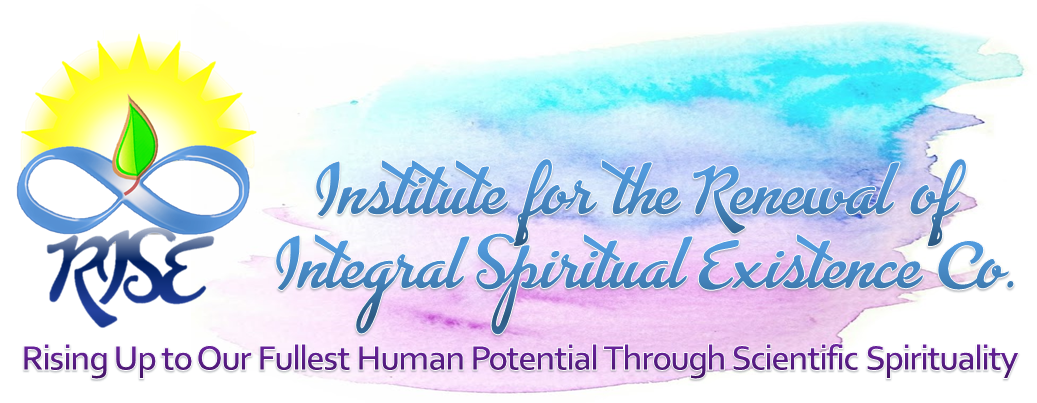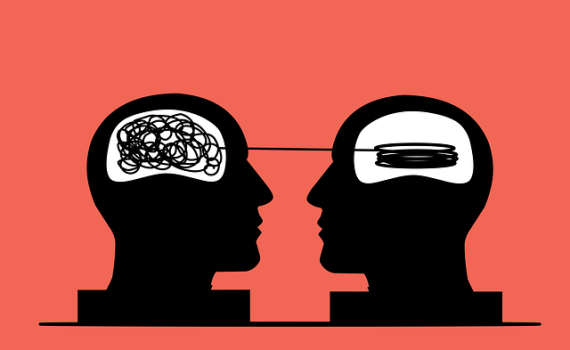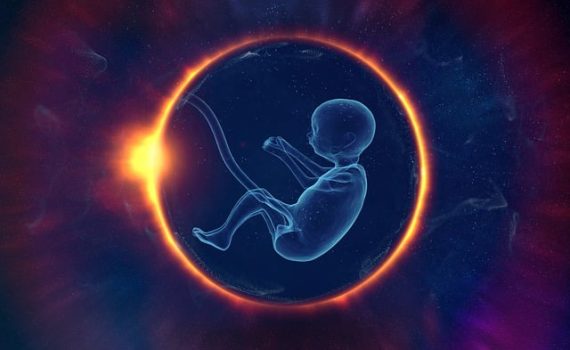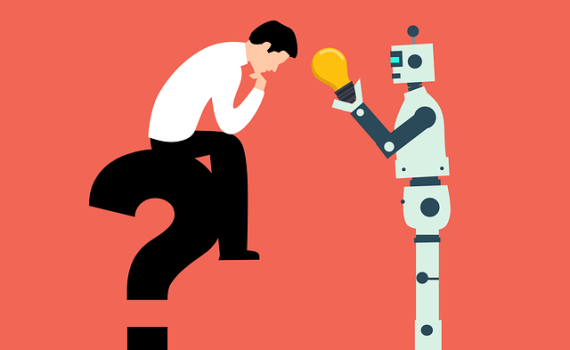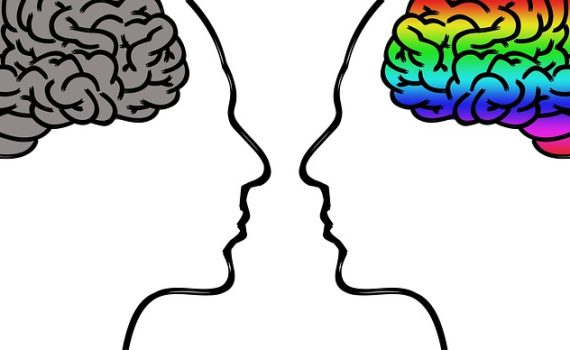The article “Why We Need to Embrace a Unifying Systems View of Life” argues for a holistic approach to understanding life, emphasizing the interconnectedness of all living systems. It critiques reductionist perspectives that isolate individual components, suggesting that such views fail to capture the complexity and dynamism of life. By […]
Nicanor Perlas
The article “The Mental Universe,” published in Nature, discusses the philosophical implications of quantum mechanics on our understanding of reality, particularly emphasizing the role of consciousness in shaping our perception of the universe. Richard Conn Henry argues that the universe is fundamentally mental, suggesting that physical reality is influenced by human […]
Quantum mechanics, despite its success in explaining various phenomena, presents a fundamental challenge: its description of physical systems differs from what we observe. Unlike classical physics, quantum mechanics requires special processes to describe measurement, a concept physicists disagree on. This divergence stems from the fact that quantum mechanics suggests properties […]
The article discusses the potential of collective meditation, specifically Transcendental Meditation (TM), as a powerful tool for conflict resolution and societal improvement. Dr. Tony Nader outlines evidence from various studies showing that large groups practicing TM can significantly reduce violence and improve quality of life in their surroundings, citing successful […]
The article discusses groundbreaking research indicating that epigenetic memories can be inherited across 14 generations. This study highlights how environmental factors and experiences can alter gene expression, which may then be passed down to descendants, influencing their behaviors and responses to stress. The findings suggest a complex interplay between genetics […]
Recent research led by Dr. Elias H. Barriga has shown that electric fields in our bodies play an important role in how embryos develop, particularly in guiding the movement of certain cells called neural crest cells. These cells are crucial for forming parts of the face, neck, and nervous system. […]
Researchers from the Institute of Science and Technology Austria (ISTA) and other institutions have developed a mathematical model that predicts the optimal body plan for a fruit fly’s early embryo, suggesting that evolution may offer multiple optimal configurations rather than a single solution. This model highlights how biological systems, unlike […]
In this discussion with Know Thyself host Andre Duqum, Gregg Braden emphasizes the rapid advancement of technology and its potential to outpace our moral and ethical understanding, particularly regarding human biology and artificial intelligence. He warns that while we have the unprecedented ability to alter our biology, this technological evolution […]
The article from Verywell Mind discusses the concept of negativity bias, which refers to the psychological tendency to give more weight to negative experiences and information than to positive ones. This bias can significantly influence thoughts, emotions, and behaviors, leading individuals to focus on failures or criticisms while overlooking successes or compliments. […]
The article from Scientific American discusses a study revealing that the human brain processes conscious thoughts at a rearkably slow rate of approximately 10 bits per second. This is significantly slower than modern technology, such as Wi-Fi, which operates above 260 million bits per second. The researchers found that while […]
The article “The Great Reunion: How Science and Spirituality Are Converging” explores the historical separation and recent convergence of science and spirituality, emphasizing their shared principle of interconnectedness. It illustrates how quantum physics reveals the relational nature of existence, fractal mathematics uncovers universal patterns, and ecology highlights the intricate web […]
As we embark on 2025, the world stands at a pivotal crossroads where science and spirituality converge, illuminating the path forward for humanity. At IRISE, we celebrate the resilience of the human spirit and the profound insights emerging from this intersection. The fall of reductionism and the rise of a […]
